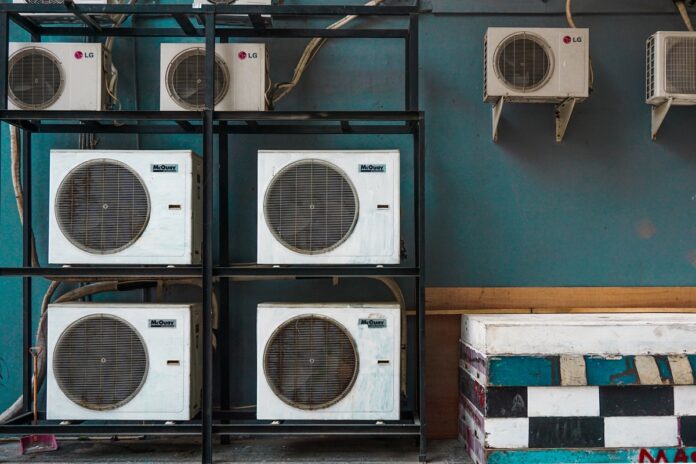Introduction
The quality of indoor air is important for the comfort and health of people inside a building. The HVAC system plays a vital role in maintaining indoor air quality. The MERV rating of filters is essential in selecting an appropriate filter for your HVAC system. The higher MERV rating can trap small particles, dust, and allergens. This ultimate guide will help you understand MERV ratings and how to choose the right filter for your HVAC system.
What is MERV filter rating system
MERV is a measurement system developed by the American Society of Heating, Refrigerating, and Air-Conditioning Engineers (ASHRAE) to rate the effectiveness for air filters. MERV rating ranges from 1-20. The MERV rating system provides a standardized way to compare the effectiveness of different filters.
How does MERV rating work
MERV rating measures the filter’s ability to trap airborne particles of different sizes. The higher the MERV rating, the better the filter’s ability to capture small particles. The MERV rating system uses a particle size range from 0.3 to 10 microns to test the filter’s efficiency.
What MERV rating should I choose
The MERV rating you choose depends on several factors, such as the HVAC system you have, the air quality in your area, and your family’s health needs. Generally, residential HVAC systems work well with filters rated between MERV 6 and MERV 13 air filters. Filters rated MERV 1 to MERV 4 are commonly used in commercial HVAC systems, while filters rated MERV 13 HVAC air filters to MERV 20 are used in specialized environments such as hospitals and clean rooms.
MERV 1-4 Filters
Filters rated MERV 1 to MERV 4 are typically made of disposable fiberglass or synthetic material. These filters are suitable for low-traffic areas with minimal air pollution. MERV 1 to MERV 4 filters are commonly used in commercial settings to protect the HVAC system from large particles.
MERV 6-8 Filters
Filters rated MERV 6 to MERV 8 are mid-range filters that can capture small to medium-sized particles, including dust, pollen, etc. They are made of pleated fabric or synthetic materials. MERV 6 to MERV 8 air filters are suitable for residential HVAC systems that need basic filtration to improve indoor air quality.
MERV 9-13 Filters
MERV 9 to MERV 13 filters are a type of air filter that is designed to capture small particles, such as dust, pollen, pet dander, and other allergens. These filters are commonly used in HVAC systems to improve indoor air quality and reduce the spread of airborne contaminants.
MERV 14-20 Filters
MERV 14 to MERV 20 filters are high-performance air filters used in commercial and industrial settings. They have the ability to capture tiny airborne particles such as allergens, bacteria, and viruses. These filters are typically used in hospitals, laboratories, clean rooms, and other environments where clean air is critical.
Why is MERV rating important
The MERV rating is important because it determines the effectiveness of a filter in removing particles from the air. A filter with a higher MERV rating can capture more particles, including allergens, bacteria, and viruses, improving indoor air quality. A filter with a lower MERV rating will capture fewer particles, allowing more contaminants to circulate in the air. The MERV rating also affects the performance of your HVAC system. Therefore, choosing a filter with the right MERV rating for your HVAC system is essential.
Conclusion
Understanding MERV filter ratings are essential for maximizing your HVAC system’s performance. Choosing the right MERV filter for your system can effectively trap pollutants and allergens while ensuring proper airflow. Simply Filters, a reliable air filter supplier, provides a wide range of filters with different MERV ratings and sizes, like 12.5X21X1 air filters, to meet your needs. With this ultimate guide, you can make an informed decision and breathe cleaner, healthier air in your home or office.

















